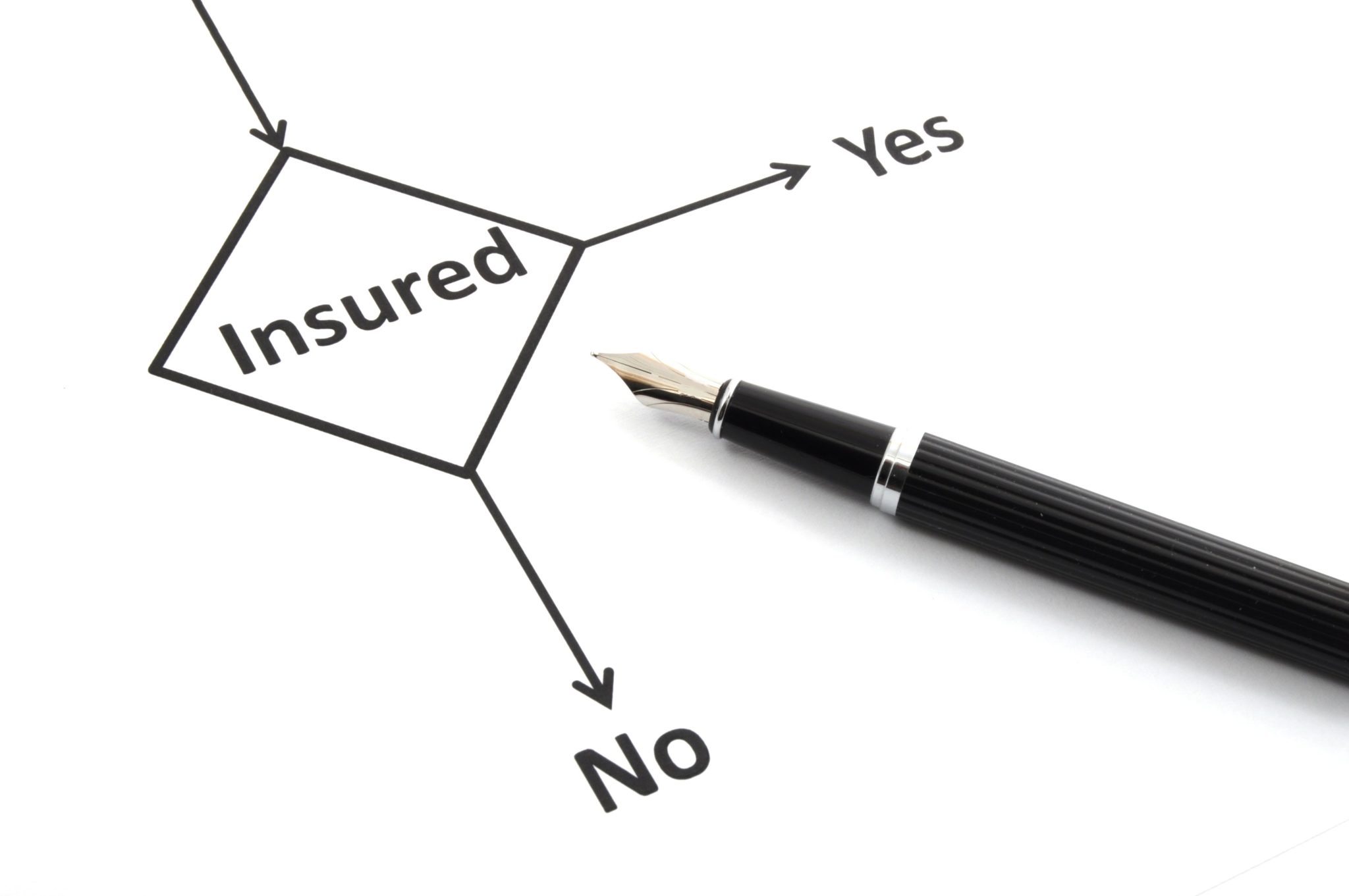Preparing For Your Child’s First Appointment With A Mental Health Clinician

Posted in: Grade School, Teenagers, You & Your Family
Topics: Behavioral Issues, Learning + Attention Issues, Mental Illness + Psychiatric Disorders
In our previous post, we spoke about what to do if you feel your child might be in need of psychological help. We noted that even finding the right phone number on the back of your insurance card can be challenging. The understandable stress of worrying about your child is compounded by a clumsy system that at times seems to conspire against readily available help. Ironically, most of us don’t discover just how hard it can be until we’re in the thick of the storm. When we need help for our children, we need it immediately, and yet, it’s precisely at this moment that we instead spend an inordinate and unacceptable amount of time on hold with various service providers.
All of us here at The Clay Center are familiar with this mess, and still, we can’t help but read that paragraph above and not feel just a little guilty. We receive literally dozens of calls a week, to the point where we often can’t keep up—even to let people know that our patient load is full (if it is), and to help them locate another provider. We’re certainly not trying to whine; we’re just being honest. We’re running like hamsters on treadmills—and that’s why our emergency services are chalk full of people just trying to find some help.
But all of this begs some important questions:
- What should you do if you DO happen to find a psychiatrist or psychologist?
- How do you prepare for the first meeting?
- What questions should you ask?
- What should you tell your child when you’re taking him or her to see a mental health professional?
Let’s get you prepared for your child’s initial visit with a mental health clinician. If the doctor you’re planning to see works out, you’ll still have quite a bit of work ahead. But, we’ll get to that in a follow-up post.
Questions & Considerations For The Initial Phone Call
There are some concrete inquiries you should make right off the bat. Many of these might seem basic, but it’s the basic stuff that often gets overlooked. These questions have to do with things as mundane as payment, and as nuanced as practice style.
- Make sure the practitioner still accepts the form of payment you plan to utilize. If you plan to use insurance, make sure that he or she accepts your particular insurance. If you plan to pay out-of-pocket, make sure that you agree on a fee. We’re well aware that this feels more like buying a car than securing a doctor, but the current system has led to multiple models of practice. Some clinicians find some third-party (insurance) payments inadequate to maintain their clinical practice. This isn’t greed; this is economics. Multiple studies have shown that mental health reimbursements sit squarely at or near the bottom of clinical payments. Add to this the necessary paperwork and phone calls to insurers, and many clinicians have determined that it makes more sense for them and their patients to work directly with one another—even when it comes to finances.
- Once you’ve determine how you’ll pay for treatment, try to get a sense of what your clinician is planning. While there are plenty of psychiatrists who continue to practice both psychotherapy and psychopharmacology, there are some who prefer to specialize in one aspect or the other. Some psychiatrists do primarily short medication visits; some do lengthy visits. Some do monthly visits, and some do weekly visits. The same can be said of psychiatric nurse practioners, psychologists, social workers and licensed mental health counselors. However, remember that only nurse practioners and physicians can write prescriptions. If you believe your child might need medication and you’ve been referred to someone who can’t prescribe, find out whether that clinician has contacts in the prescribing community with whom you can also work.
- Some clinicians are available via an answering service or pager. Some will provide you their cell phone number. Though it’s to some extent frowned upon in the medical community, some clinicians will tell you to call the emergency room for urgent issues, and have no other means of reaching them outside of the appointed time. Find out which of these methods your clinician employs, and decide whether you’re comfortable with the form of emergency contact.
- Weekly visits make little sense if the clinician is a two-hour drive from your home. Alternatively, the clinician might be available only during certain hours. Don’t assume availability before you know both when and where your clinician is located. Also, be prepared to change your schedule if needed. Recall that almost all clinicians are seeing many, many patients. You can inform clinicians when you would most like to see them, but know as well that there may be some schedule horse-trading before you settle on a time.
- Remember that once children turn 18, they are legally adults. This means that 18-year-olds can forbid clinicians from talking to their parents. Having said that, most of us will insist on talking to the parents of teenage and young adult patients. Ask your clinician how much contact he or she will have with you before you begin treatment for your child.
Telling Your Child About The Appointment
Despite our best efforts to dispel stigma, the fact remains that depictions of psychiatric illness and treatment are on the whole very negatively portrayed. This is the case in movies, television shows and even radio commercials. Your child will potentially be well aware of these stereotypes, and even if he has friends who see mental health clinicians, he still might find the thought of seeing “a shrink” hard to swallow. As we like to stress, your best approach should be grounded in development. What you say to your 6-year-old will be quite different from what you tell your teen.
For young kids, remember that a visit to the doctor is usually associated with pain. Shots, throat cultures, blood draws, needles…this is what your little one will picture. Make it clear to her right away that the mental health clinician will not be giving shots. There will be no Q-tips. There might be a weigh-in and some slight discomfort with the blood pressure cuff, but that’s about it. A good mental health clinician who cares for young children will have toys, games and things to draw with. Still, let your child know that she can bring some of her own toys. Explain that this is the kind of doctor who helps you with your angry feelings, or your sad feelings, or your confused feelings. This isn’t the doctor that you see when you have a cough.
For teens, it’s a harder sell. Remember that teens are very tuned in to what others might think of them, and even to what they think of themselves. They’ll also have more insight into why they’re being asked to go in the first place. You’ll therefore have to spend less time explaining what a mental health clinician does, and more energy making clear to your teen why he should go. Tell your teen that you’re worried. Tell him that you’d like him to go for you. Heck, bribe him! But seriously, figure out what could make it worth his while. Sometimes schools or sports teams will mandate treatment or at least an evaluation. If that’s the case, make these stipulations clear to your teen. Don’t expect this to be easy, but don’t relent either. Chances are that you have good reason to want this evaluation. You’ll feel more comfortable, and your teen will feel more comfortable once you’re able to worry less.
Conclusion
Clearly, these are generalizations. Still, we hope these guidelines will help you negotiate getting your son or daughter in the door. In the next post, we’ll focus on what to expect once your child’s treatment begins.


 Share
Share Tweet
Tweet





